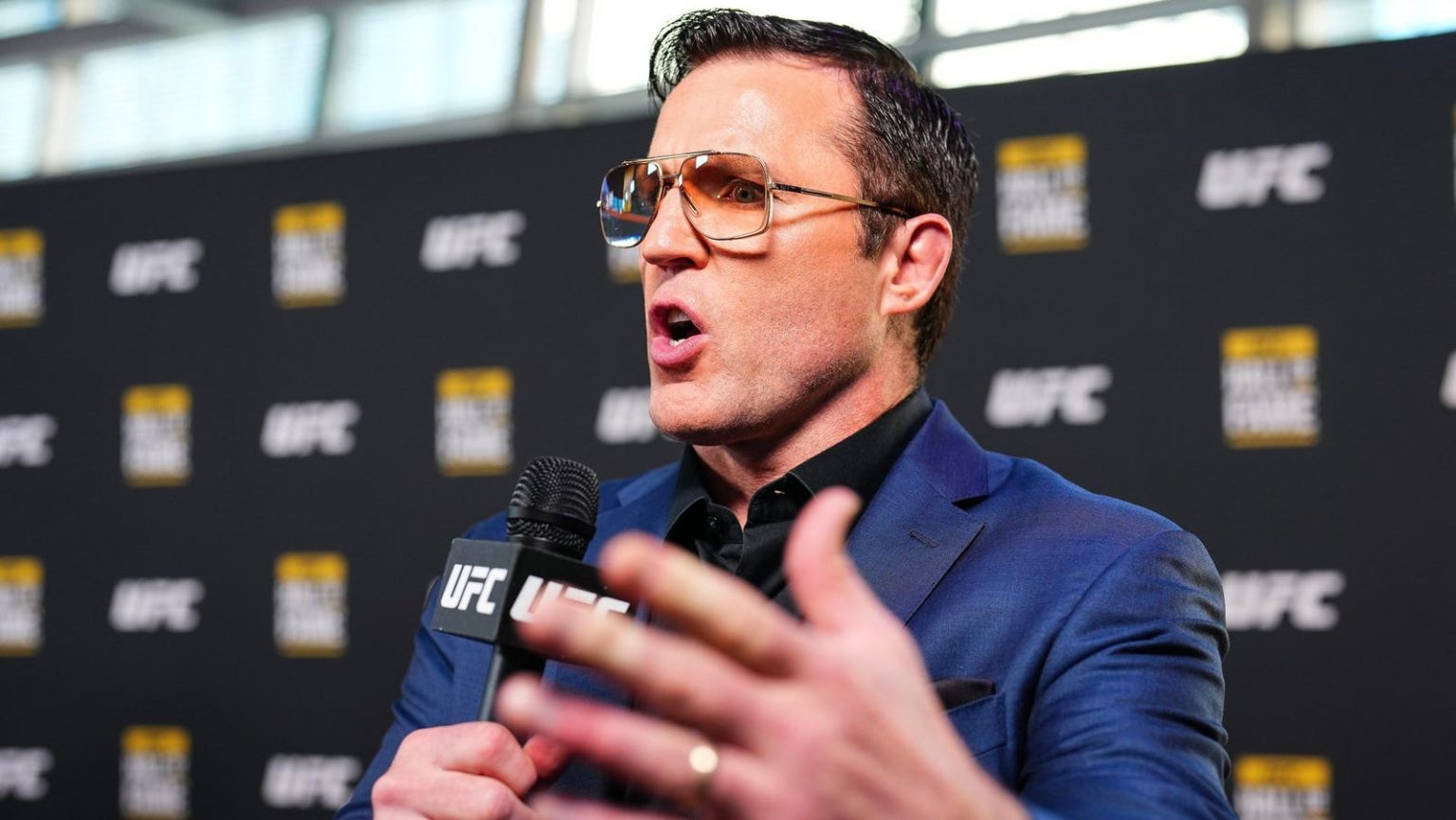Kron Gracie’s Disappointing UFC 310 Performance Sparks Debate and Retirement Speculation
Kron Gracie, the son of Brazilian jiu-jitsu legend Rickson Gracie and heir to a storied fighting lineage, suffered a devastating knockout loss to Bryce Mitchell at UFC 310, raising questions about his fighting style, preparation, and future in mixed martial arts. The bout, held at the T-Mobile Arena in Las Vegas, saw Gracie repeatedly booed by the crowd for his perceived passive strategy of pulling guard, a tactic that ultimately proved ineffective against the skilled grappling of Mitchell. The fight culminated in a brutal third-round knockout, with Mitchell slamming Gracie to the mat and delivering a series of elbows that rendered him unconscious.
The loss sparked immediate criticism, most notably from UFC Hall-of-Famer Chael Sonnen, who accused Gracie of fighting "like a pothead." Sonnen, known for his outspoken personality and analytical commentary, didn’t mince words in his post-fight analysis, suggesting that Gracie’s performance reflected a lack of focus and aggression, characteristics he attributed to marijuana use. While acknowledging the cultural acceptance of marijuana within the jiu-jitsu community, Sonnen argued that such habits are detrimental in the high-stakes world of professional fighting. He emphasized the importance of alertness and intensity in a sport that demands peak physical and mental performance.
Sonnen’s controversial comments ignited a debate about the role of marijuana in combat sports and the appropriateness of making such accusations without concrete evidence. While he admitted to not knowing Gracie personally, Sonnen maintained that his assessment was based on observed behavior and a general understanding of the effects of marijuana on athletic performance. He drew a parallel between Gracie’s demeanor and what he perceived as a stereotypical "laid-back" attitude associated with marijuana use, contrasting it with the necessary aggression and drive required for success in MMA.
Gracie’s performance also drew criticism for its perceived reliance on outdated tactics. His frequent attempts to pull guard, a signature move of his uncle Royce Gracie in the early days of the UFC, appeared ineffective against a modern opponent like Mitchell, who expertly countered the strategy. While Royce Gracie achieved remarkable success with this approach in the nascent years of MMA, the sport has evolved significantly, demanding a more well-rounded skillset and adaptability. Gracie’s reliance on a single dimension, reminiscent of a bygone era, proved to be a critical flaw in his approach.
The lopsided loss and subsequent criticism raise serious questions about Gracie’s future in the UFC. At 36 years old, and having suffered a brutal knockout, the path forward is uncertain. While Gracie has yet to publicly comment on his future plans, speculation of retirement is rife, particularly given the decisive nature of the defeat and the growing consensus that his current fighting style is ill-suited for the contemporary MMA landscape. UFC President Dana White’s public suggestion that several fighters should consider retirement following UFC 310 further fuels this speculation, though he did not specifically mention Gracie.
The resounding defeat serves as a harsh reminder of the unforgiving nature of professional fighting and the constant need for evolution. While Gracie carries a legendary name and possesses undeniable grappling skills, his performance at UFC 310 exposed a critical gap in his game. His apparent inability to adapt to the modern demands of MMA, coupled with the brutal nature of the loss, has cast a shadow over his fighting future. Whether he chooses to retire or attempt a comeback, Gracie faces a significant uphill battle to regain relevance in a rapidly evolving sport. His performance, and the subsequent controversy, will likely serve as a case study for future fighters on the importance of adapting to the dynamic landscape of mixed martial arts.






